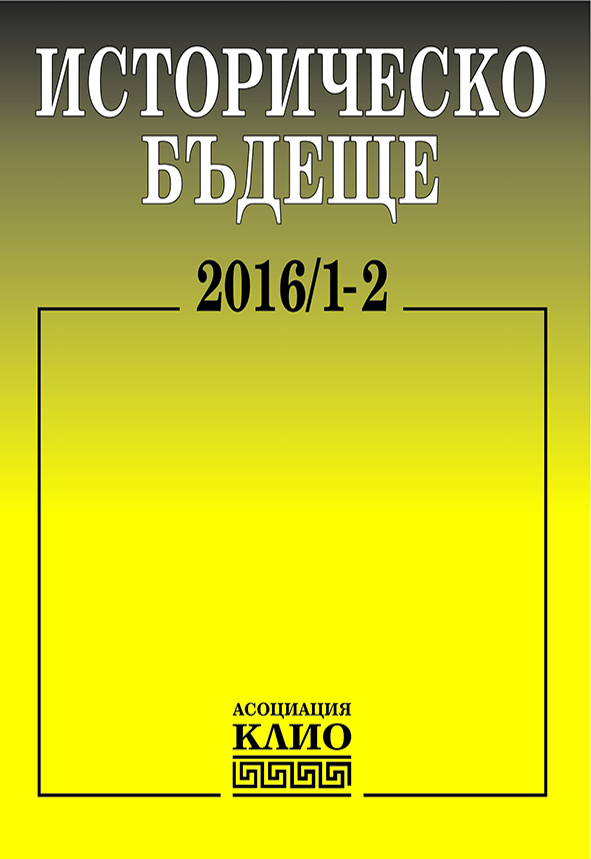Съдбата на „турските“ кости от Плевен: „анекдоти“, „факти“ и „интерпретации“
The Plevna “Turkish” Bones Story: “Anecdotes”, “Facts” and “Interpretations”
Author(s): Orlin SabevSubject(s): History, 19th Century
Published by: Асоциация Клио
Keywords: Plevna; Bristol; bones; 1877–1878 Ottoman-Russian war; Bulgarian historiography
Summary/Abstract: The paper draws attention to a not so well known story related to the 1877–1878 Ottoman-Russian war. According to some sensational stories published in the late 1881 first in England and afterwards in the United States, Australia, New Zealand and continental Europe, a cargo of about 300 tons of bones, shipped from the Ottoman port of Rodosto/Tekirdağ to Bristol, England, contained a large portion of human bones supposedly belonging to the Ottoman soldiers who fell in the 1877 battle of Plevna (today’s city of Pleven, Bulgaria). As a matter of fact in those times it was a well-established practice to ship animal bones from the Ottoman Empire, in particular from the Rodosto/Tekirdağ region, which was known to be a bone-collecting place, to Western Europe in order to be used in the manufacturing of phosphate fertilizers for the agriculture. Although the Levant Herald, a private Istanbul-based newspaper, had denied the story as being incorrect and irrelevant shortly after, historical works and memoirs later gave credit to the Plevna bones story. While drawing attention to some archival sources and concluding that the 1881 Plevna bones story is indeed incorrect as already claimed by the Levant Herald, the paper deals also with the political use of this sensational story in the modern Bulgarian historiography.
Journal: Историческо бъдеще
- Issue Year: 2016
- Issue No: 1-2
- Page Range: 65-103
- Page Count: 39
- Language: Bulgarian
- Content File-PDF

